
Shah Rukh Khan’s transformation from a background actor to one of the world’s biggest superstars is a tale of resilience, talent, and extraordinary charisma. Born on November 2, 1965, in New Delhi, India, his ascent to fame is both iconic and inspiring. As he celebrates his 59th birthday, let’s delve into the remarkable journey that earned him the title “King of Bollywood” and take a look at his upcoming projects that are set to further enhance his unparalleled legacy. Also read: Singham Again Review: Ajay Devgn leads a star-studded Diwali Blockbuster-A Grand Return to the Cop Universe
The Path to Stardom: From Stage to Screen
Shah Rukh Khan’s early years were far from the glitz of the film industry; his family had no connections to showbiz. Growing up in a middle-class household in Delhi, he faced both affection and hardship from a young age. His father, Mir Taj Mohammed Khan, was a freedom fighter and a principled man who juggled several small businesses but often faced financial difficulties. Sadly, his father passed away when Shah Rukh was only 15, and his mother followed when he was 26. These losses instilled in him a strong sense of duty towards his sister, and he frequently reflects on how these events influenced his character.
After completing his education at St. Columba’s School, where his acting abilities were acknowledged, he went on to study Economics at Hansraj College. Nevertheless, his love for acting persisted, prompting him to join the Theatre Action Group (TAG) under the guidance of Barry John, a leading figure in Indian theater. This theatrical experience provided him with a solid foundation that would later distinguish him in films.
The Journey Begins: Entering Television
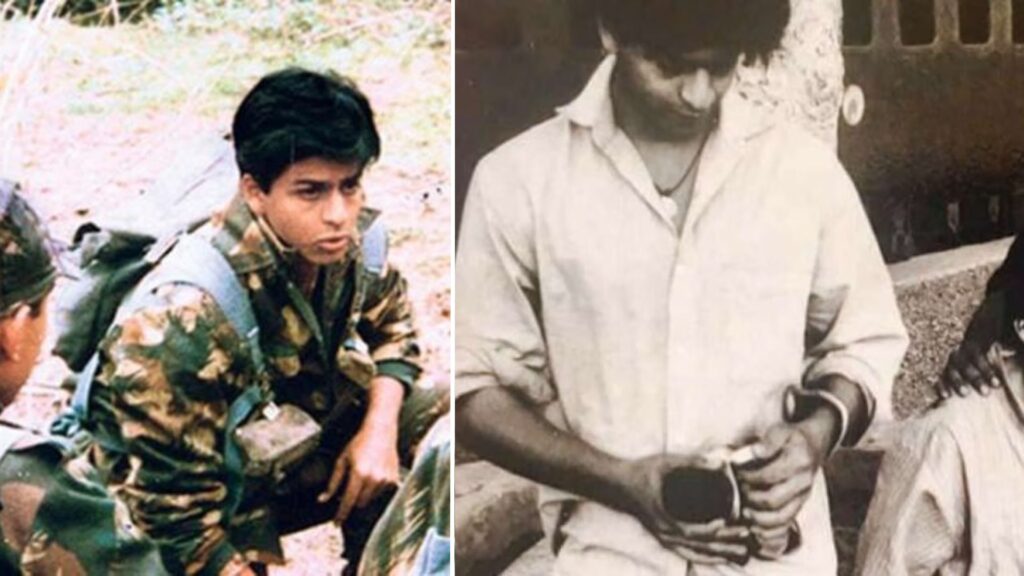
In the late 1980s, Shah Rukh Khan moved to Mumbai with aspirations of becoming an actor. He began his career in television, appearing in shows like Fauji (1988) and Circus (1989). His portrayal of a soldier in Fauji was well-received and marked his first taste of fame. It was during this time that Shah Rukh honed his skills in front of the camera, setting the stage for his film career. Unlike many of his contemporaries, he wasn’t quickly typecast as a romantic lead or action hero. Instead, his early television roles allowed him to delve into a variety of characters.
Recent Posts
Shaping the Superstar: How Early Roles Defined Shah Rukh Khan
Shah Rukh’s entry into Bollywood in the early 1990s came with significant hurdles. The film industry was highly competitive at that time, and he had to put in a lot of effort to establish himself. His early films, such as Deewana (1992) and Raju Ban Gaya Gentleman (1992), earned him some initial recognition, but it was his roles as a villain in Baazigar (1993), Darr (1993), and Anjaam (1994) that truly solidified his position in the industry. Choosing to portray anti-hero characters was seen as a bold move, yet it highlighted his versatility and talent for playing intricate roles. This period was vital in shaping him into a reliable star. Shah Rukh Khan emerged as an actor willing to take risks, and his self-assurance resonated with viewers. Baazigar, in particular, marked a significant shift, as the film’s success demonstrated that he could lead a movie effectively. His portrayal of a man caught between love and revenge deeply resonated with both fans and critics.
The Rise of Bollywood’s Romantic Hero
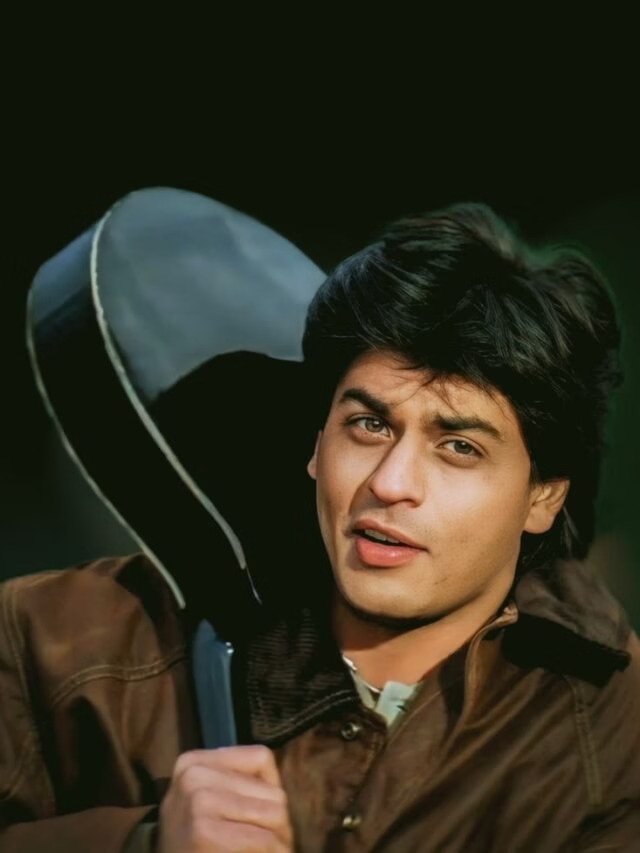
After showcasing his talent in negative roles, Shah Rukh Khan transitioned to romantic characters that transformed his career. The release of Dilwale Dulhania Le Jayenge (DDLJ) in 1995 marked a pivotal moment. Portraying the charming yet rebellious Raj, Shah Rukh captured the dreams and dilemmas of a generation. Directed by Aditya Chopra, the film became a cultural sensation and is still celebrated as one of the greatest Bollywood movies ever. DDLJ’s success initiated a golden period in his career, establishing him as Bollywood’s quintessential romantic hero. In the wake of DDLJ, Shah Rukh starred in a series of hits, including Dil To Pagal Hai (1997), Kuch Kuch Hota Hai (1998), and Kabhi Khushi Kabhie Gham (2001). These films highlighted his talent for romantic roles, making him a beloved figure both in India and around the world. His portrayal of love on-screen, combined with his expressive eyes and charming smile, became legendary, and audiences fell in love with the character he portrayed.
Legacy of Red Chillies Entertainment: Shaping Bollywood's Future
By the early 2000s, Shah Rukh Khan had firmly established himself in Bollywood, but he wasn’t done yet. He co-founded Dreamz Unlimited, which eventually transformed into Red Chillies Entertainment, alongside his wife Gauri Khan. This production house enabled him to take charge of his projects and explore the world of film production and visual effects. The company produced a range of films, including Chalte Chalte (2003) and Main Hoon Na (2004), with the latter marking his production company’s first significant success. Red Chillies played a crucial role in solidifying his status as a global icon, particularly with films like My Name is Khan (2010), where he portrayed a man with Asperger’s syndrome dealing with racial discrimination in the aftermath of 9/11. The film not only showcased his acting prowess but also positioned him as a voice against stereotypes and biases.
Beyond Romance: Exploring SRK's New Roles
As Shah Rukh Khan entered his forties, he encountered a shifting landscape in Bollywood, where emerging actors and new genres started to dominate. Instead of sticking to his established romantic-hero image, he began to explore different roles. Films like Don (2006) and its sequel Don 2 (2011) showcased him in a stylish, anti-hero role, while Ra.One (2011) introduced him to the superhero genre. Although not every film during this time was a blockbuster, Shah Rukh’s readiness to take chances garnered him admiration. He ventured into various genres, including sci-fi with Ra.One and reflective romance in Jab Tak Hai Jaan (2012). In the latter part of the decade, he faced both successes and failures with a refreshed outlook. Despite some challenges, he remained relevant by adapting to the changing trends in Bollywood.
The Action Hero Returns: Shah Rukh Khan’s Reinvention
Shah Rukh Khan experienced a remarkable comeback in 2023 with two significant films: Pathaan and Jawan. Directed by Siddharth Anand, Pathaan marked his return to high-octane action roles and quickly became one of the top-grossing films of his career. The film’s success, along with his commitment to fitness and a rugged new appearance, helped introduce Shah Rukh to a younger audience, highlighting his widespread appeal. After Pathaan, Shah Rukh took on a role in Jawan (2023), directed by Atlee. The film’s success further solidified his return, and the dual role he portrayed demonstrated his versatility and enduring charisma. Shah Rukh’s commanding screen presence was back in full swing, and both films established him as a significant player in the global cinema scene.
Breaking Barriers: SRK's International Impact
Shah Rukh Khan’s journey is not only a reflection of his incredible acting skills but also highlights his role as a true ambassador of Indian cinema. He has showcased Bollywood on international platforms, from Cannes to TED Talks, discussing India’s rich cultural heritage and diversity. Additionally, his philanthropic work, especially in child healthcare and women’s empowerment, reveals a superstar who genuinely cares. Shah Rukh Khan’s rise from a background actor to a global icon is truly remarkable. His resilience, charm, and commitment to his craft have earned him a permanent spot in Bollywood history. As he marks his 59th birthday, Shah Rukh’s journey continues to motivate millions. His story serves as a powerful reminder that with passion, perseverance, and a touch of “magic,” dreams can indeed become reality.
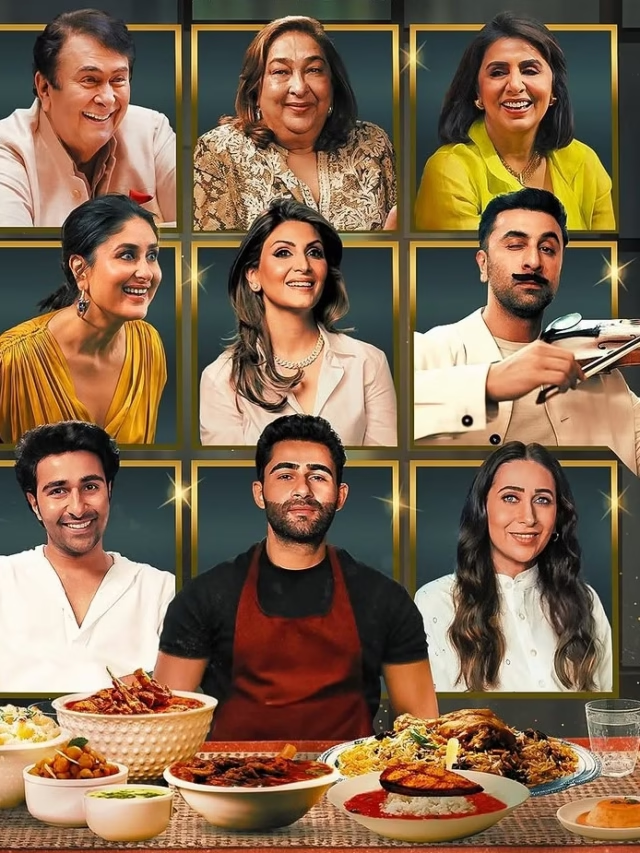
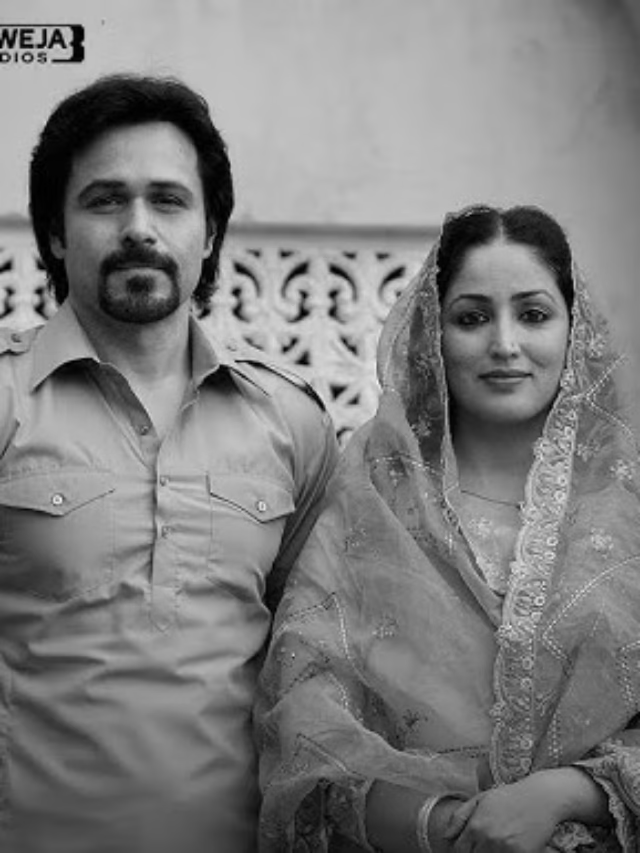
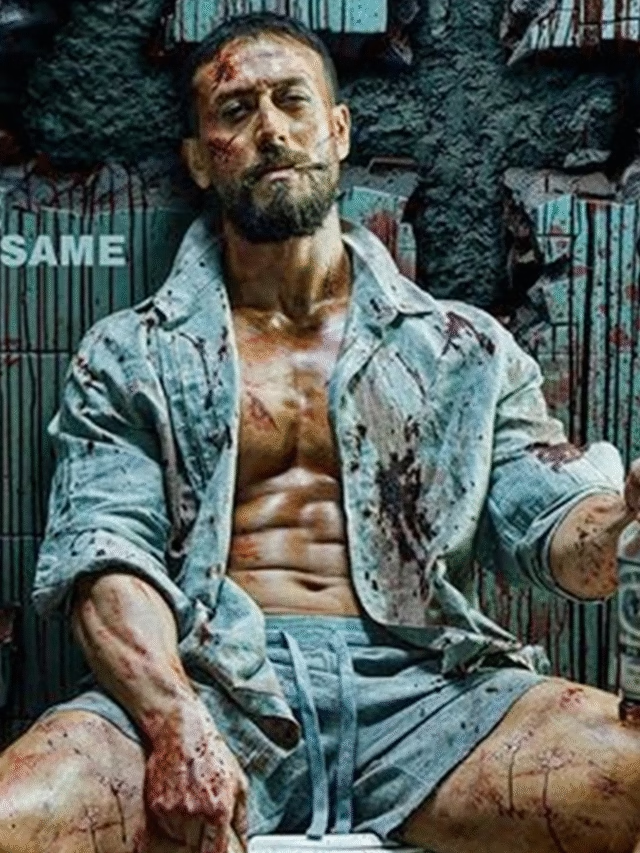
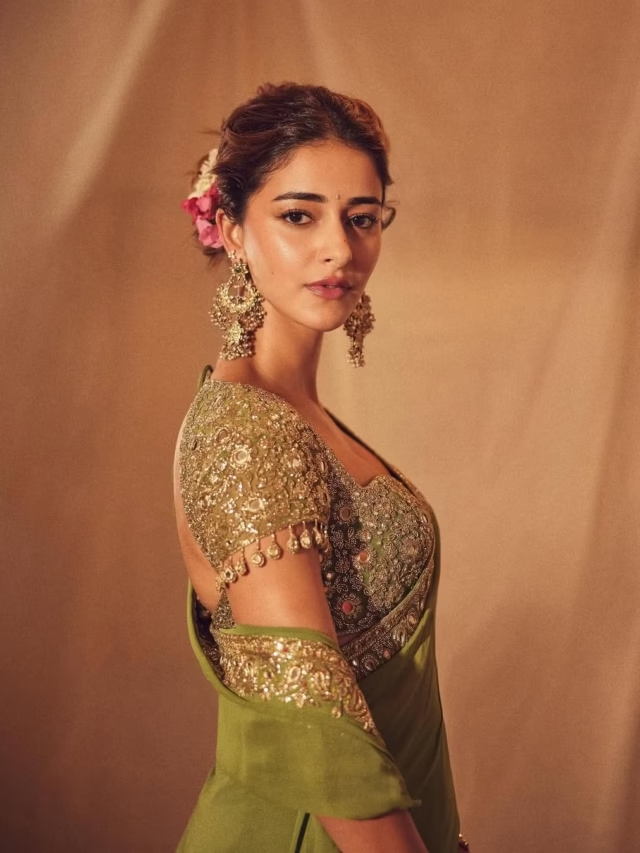
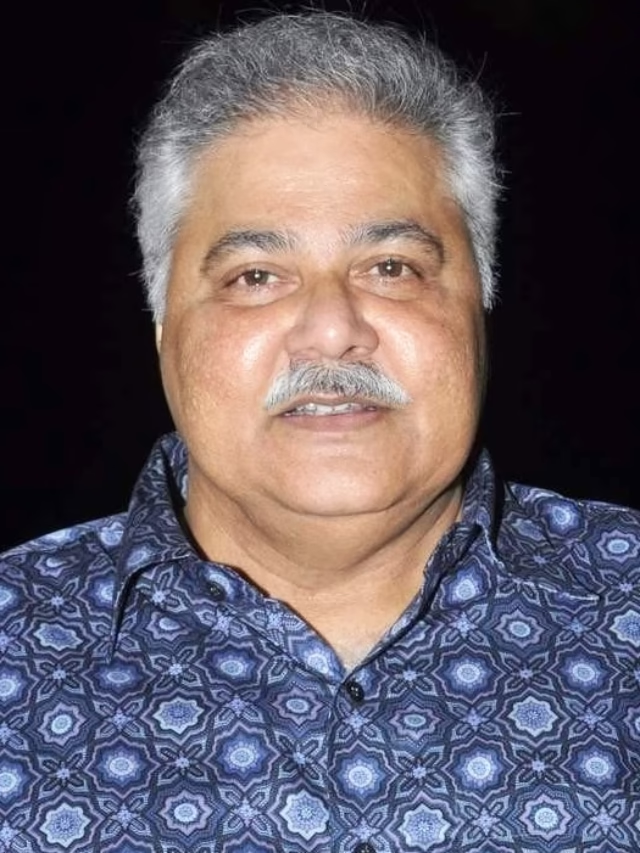
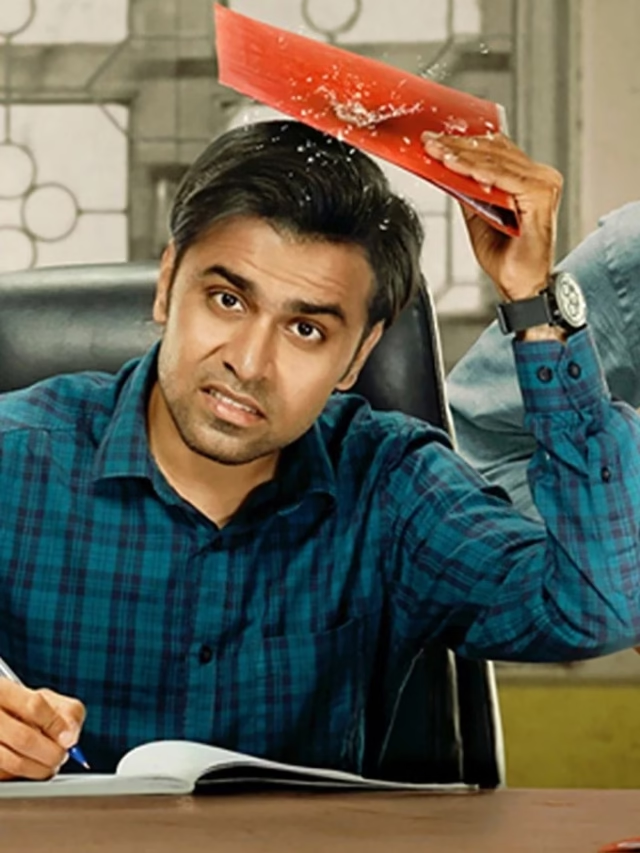
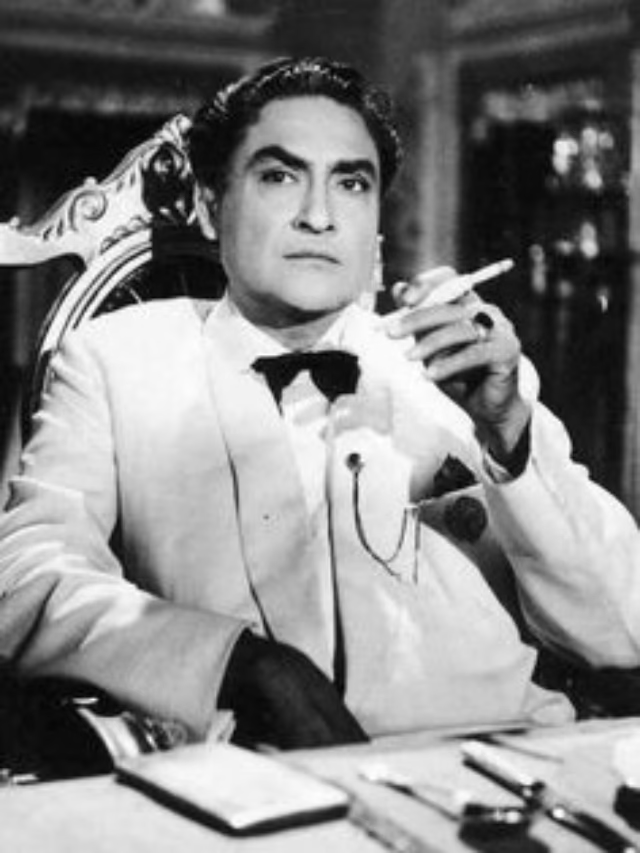
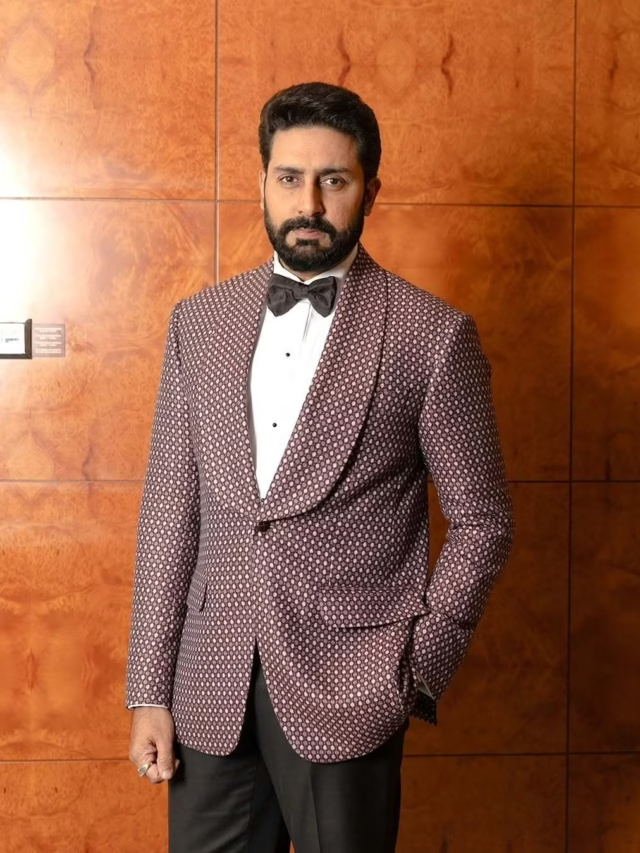
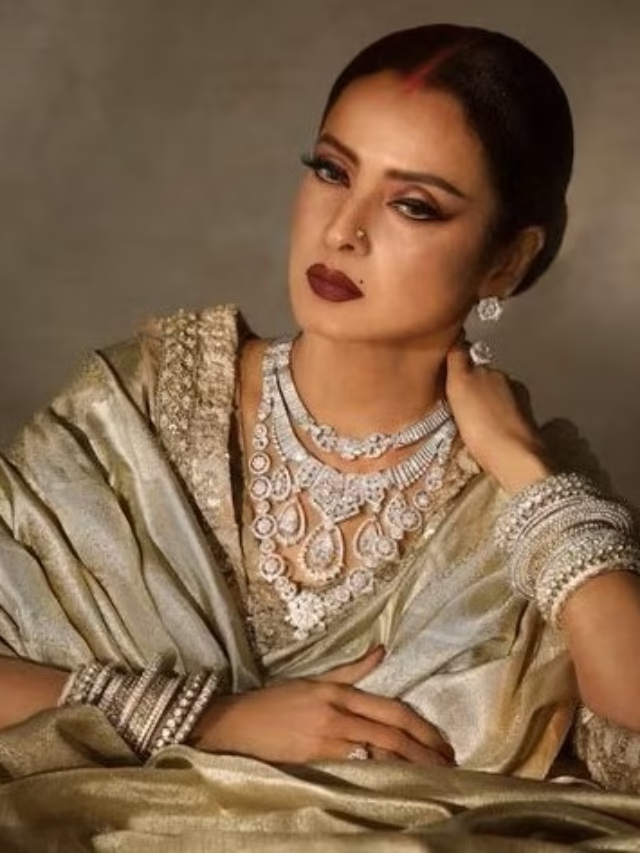
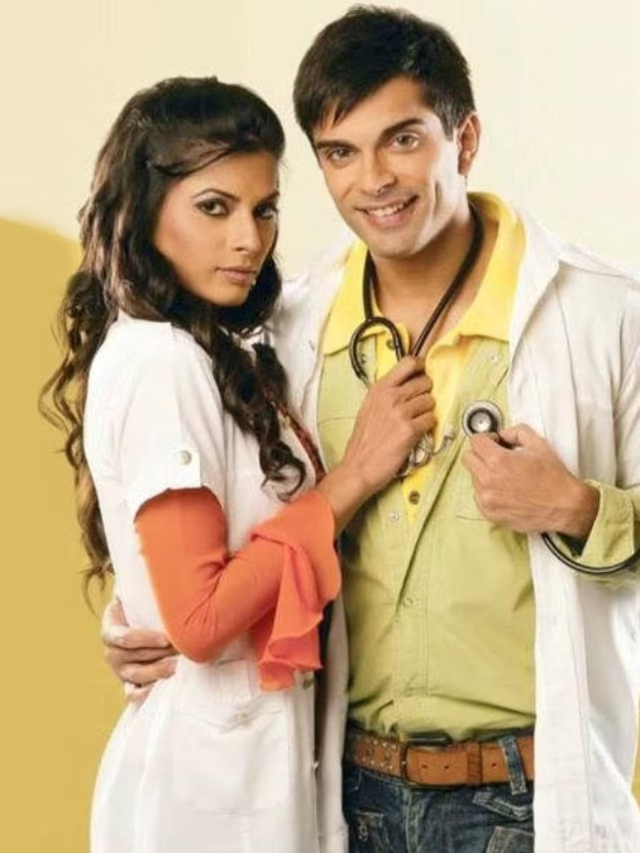
Pingback: Ranbir Kapoor and Alia Bhatt's Daughter Raha Celebrates Her Spectacular Second Birthday with Bollywood's Finest - SpicySaga Blogs